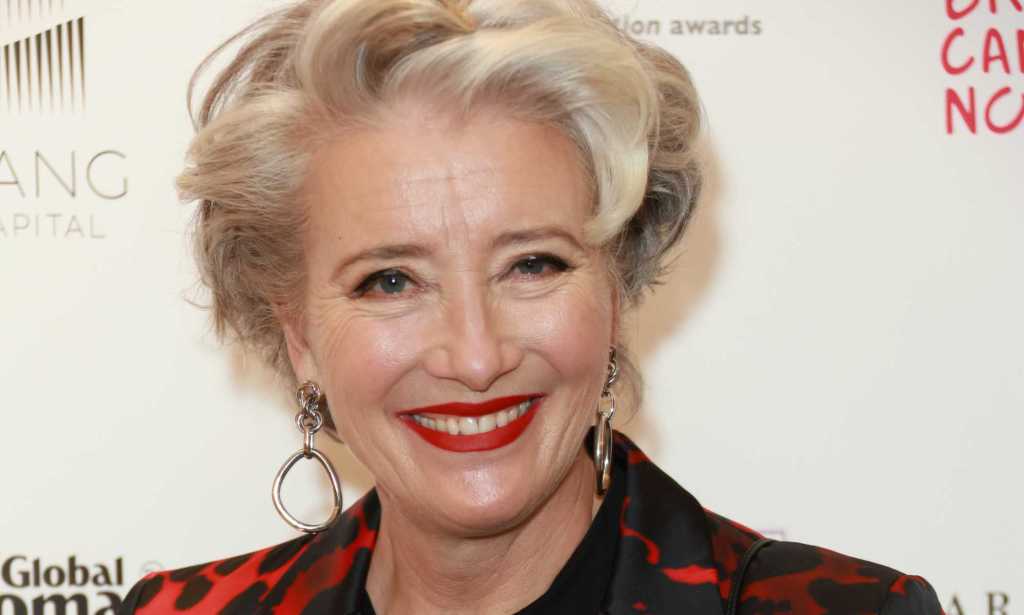Emma Thompson and Christopher Eccleston star in drama about landmark trans marriage case

Emma Thompson and Christopher Eccleston will star in feature film ‘Hear Me Roar,’ a drama about a groundbreaking British trans marriage case. ( Andrew Milligan – WPA Pool/Getty Images/ Dave J Hogan)
Love Actually’s Emma Thompson and Doctor Who star Christopher Eccleston are set to appear in a drama portraying a landmark UK court case involving a trans woman’s marriage.
Hear Me Roar, co-written by Lisa McMullin and lawyer Ashley Bayston, recreates the Bellinger vs. Bellinger High Court case, in which Bayston took on the UK government in a bid to change the lives of LGBTQ+ people in Britain.
Thompson and Eccleston will be joined by former Emmerdale star Anna Friel, and Bridgerton‘s Julian Ovenden in the film which will be directed by BAFTA nominee Amy Coop.
The drama begins with Elizabeth Bellinger meeting Bayston, played by Friel, before following the battle they fought for the next three years.

Bellinger will be played by Rebecca Root who starred in Netflix hit The Queen’s Gambit and Sex Education.
Thompson said: “I’m weeping like a baby, it’s so moving and powerful and funny. It’s a great story and script with wonderful characters. I loved it and it moved me deeply. It’s fascinating and profoundly meaningful and essential.”
What happened in the Bellinger vs. Bellinger case?
The Bellinger vs. Bellinger case, which first came to court in 2000, focused on Elizabeth campaigning to have her union legally recognised, having married Michael Bellinger – the only person to know she was transgender – at Southwark Register Office, in South London, in 1981.
She argued that failing to recognise her legal gender and marriage was discriminatory and a breach of her human rights under the European Convention on Human Rights.
After losing in the High Court, she took her case to the House of Lords (there was no UK Supreme Court at the time). However, they decided that there could be no valid recognition of the marriage because Elizabeth was classified as male at birth.
Recognising her as female under the 1973 Matrimonial Clauses Act would involve assigning the terms “male” and “female” in the legislation a new, expanded meaning, the Lords ruled.
However, the landmark case led the government to publish a draft of the Gender Recognition Bill in July 2003. It received Royal Assent in July 2004, allowing trans people to legally change their gender and have it recognised for all purposes – including marriage.
Share your thoughts! Let us know in the comments below, and remember to keep the conversation respectful.

